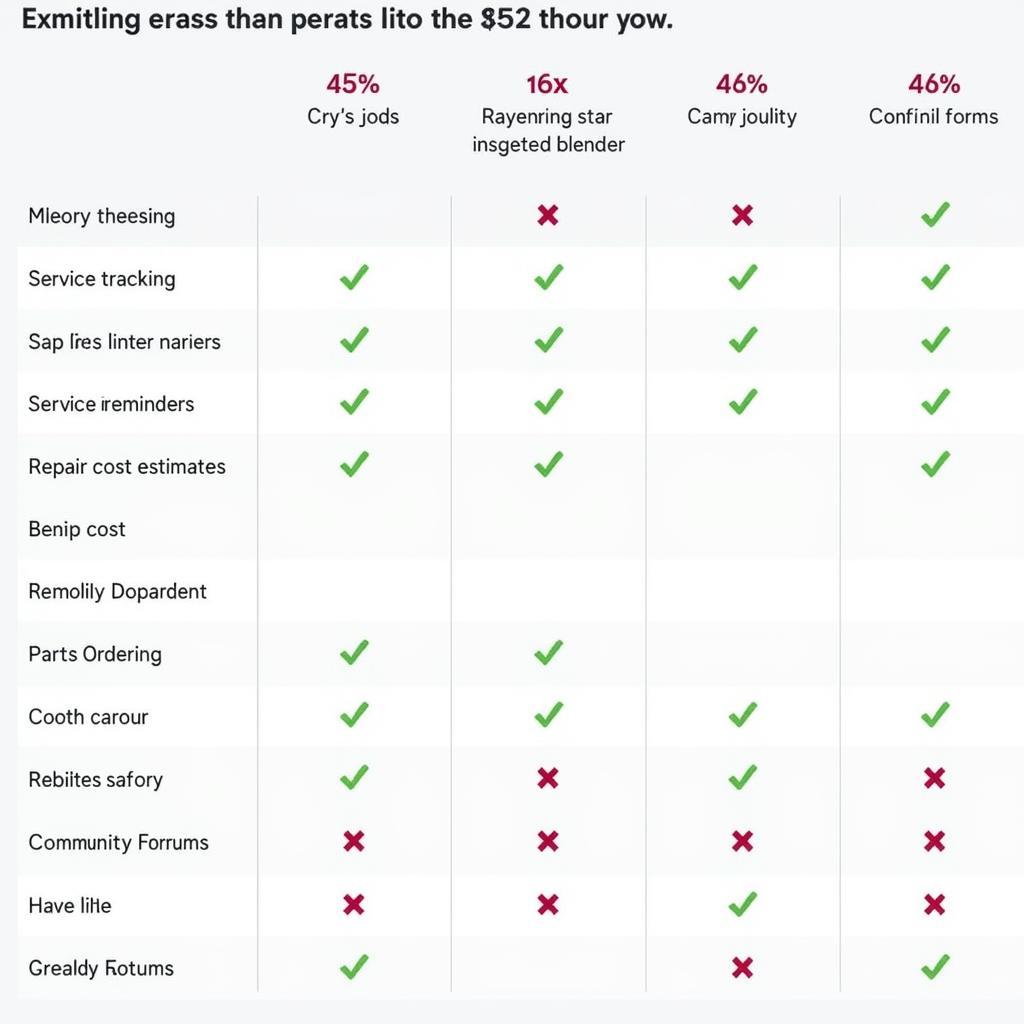A leaking evaporator is a common a/c car problem that can lead to a less-than-optimal cooling experience. This article will help you understand the causes, symptoms, and solutions for a leaking evaporator, empowering you to either fix it yourself or communicate effectively with your mechanic.
Understanding Your Car’s A/C System and Evaporator Leaks
The evaporator is a crucial component of your car’s air conditioning system. It’s responsible for absorbing heat and moisture from the air inside your vehicle, leaving you with cool, dry air. When the evaporator leaks, this process is disrupted. But how does it work? Refrigerant, a special fluid, flows through the evaporator, absorbing heat. This process changes the refrigerant from a liquid to a gas. This cooled air is then blown into the cabin by the blower motor. If the evaporator develops a leak, the refrigerant escapes, diminishing the cooling capacity and potentially causing other problems.
Common Causes of Evaporator Leaks
Several factors can contribute to a/c car problem leaking evaporator:
- Corrosion: Over time, the evaporator can corrode due to exposure to moisture and road salt. This is especially common in older vehicles.
- Physical Damage: Debris or road hazards can damage the evaporator, leading to leaks.
- Manufacturing Defects: In rare cases, the evaporator may have a manufacturing defect that causes it to leak prematurely.
- Clogged Drain: A clogged evaporator drain can cause water to accumulate around the evaporator, accelerating corrosion and leaks.
Recognizing the Symptoms of a Leaking Evaporator
A leaking evaporator can manifest in various ways:
- Weak or Inefficient A/C: This is the most obvious sign. If your A/C isn’t blowing as cold as it used to, a refrigerant leak could be the culprit.
- Sweet Smell: Refrigerant has a slightly sweet odor. If you notice this smell inside your car, it’s a strong indicator of a leak.
- Hissing or Bubbling Sounds: These sounds can indicate a refrigerant leak and often occur when the A/C system is running.
- Visible Moisture: While some condensation is normal, excessive moisture or puddles under your car near the dashboard could point to a leaking evaporator.
Diagnosing an Evaporator Leak
While some signs are clear, confirming a leaking evaporator requires proper diagnosis:
- Visual Inspection: Look for signs of corrosion, damage, or leaks around the evaporator.
- Pressure Test: A professional mechanic can perform a pressure test on the A/C system to pinpoint leaks.
- Dye Test: A fluorescent dye can be added to the refrigerant. A UV light can then be used to detect the leak.
Fixing a Leaking Evaporator: DIY vs. Professional Repair
Repairing a leaking evaporator can be a complex and time-consuming task, often involving removing the entire dashboard. While some experienced DIYers may attempt this, it’s generally recommended to have it done by a qualified mechanic.
DIY Repair Considerations
- Skill Level: This repair requires advanced mechanical skills and specialized tools.
- Time Commitment: This can be a multi-day project.
- Cost of Parts and Tools: While potentially cheaper than a professional repair, the cost of specialized tools can be significant.
Professional Repair Benefits
- Expertise: Mechanics have the necessary experience and training to diagnose and repair evaporator leaks efficiently.
- Specialized Equipment: Mechanics have access to specialized tools and equipment.
- Warranty: Most reputable shops offer a warranty on their repairs.
“Repairing an evaporator is not a simple task. It requires a thorough understanding of the A/C system and specialized tools. Unless you’re very experienced, it’s best to leave it to the pros,” advises John Smith, ASE Certified Master Technician.
Preventing Future Evaporator Leaks
While not all leaks are preventable, you can take steps to minimize the risk:
- Regular A/C Service: Have your A/C system inspected and serviced annually by a qualified technician.
- Cabin Air Filter Replacement: Regularly replace your cabin air filter to prevent debris from entering the system.
- Clean Evaporator Drain: Periodically clean the evaporator drain to prevent clogs and water buildup.
Conclusion
An a/c car problem leaking evaporator is a significant issue that can compromise your comfort and the overall health of your A/C system. Understanding the causes, symptoms, and solutions can help you address the problem effectively. While a DIY approach is possible, professional repair is often the best option. Regular maintenance and preventative measures can help prolong the life of your evaporator and ensure a cool, comfortable ride. Contact AutoTipPro at +1 (641) 206-8880 or visit our office at 500 N St Mary’s St, San Antonio, TX 78205, United States for professional assistance with your a c car problem leaking evaporator.
“Regular maintenance is key to preventing costly repairs down the road. It’s a small investment that can save you a lot of headaches,” adds Maria Garcia, Senior Automotive Engineer.
FAQ:
- How much does it cost to replace a car evaporator? The cost varies depending on the make and model of your car, but it typically ranges from $500 to $2000.
- Can I drive my car with a leaking evaporator? While you can technically drive, it’s not recommended as it can worsen the problem and damage other components.
- How long does it take to replace an evaporator? The replacement process typically takes several hours, often requiring a full day at a repair shop.
- How often should I have my A/C system serviced? It’s generally recommended to have your A/C system serviced annually.
- What are the signs of a clogged evaporator drain? Water leaks inside the cabin, usually near the passenger side footwell, are a common sign.
- Can a leaking evaporator be repaired without replacement? In some cases, minor leaks can be sealed with specialized sealant, but this is often a temporary fix.
- Is it dangerous to breathe in refrigerant? While not immediately life-threatening in small amounts, prolonged exposure to refrigerant can cause health issues.






Leave a Reply